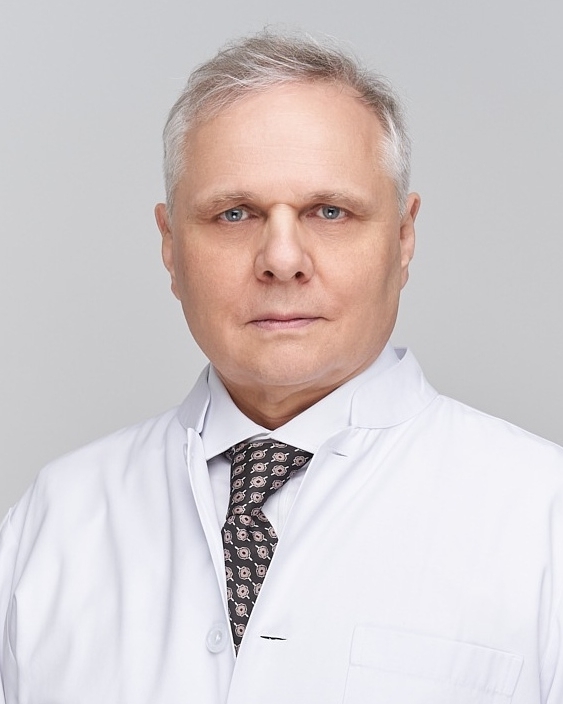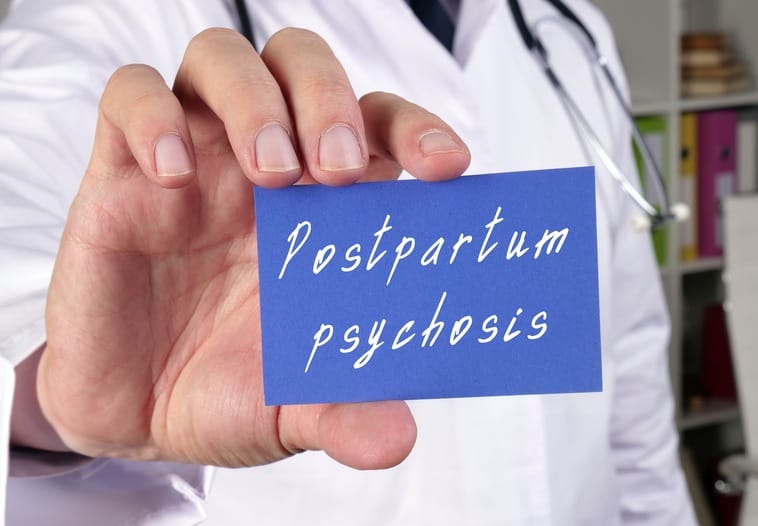
Postpartum psychosis, also known as postnatal psychosis, is considered the most severe form of postpartum crisis. Therefore, seeking treatment for postpartum psychosis in Dubai as soon as possible is essential. The condition emerges suddenly, within the first three days to approximately four weeks after childbirth.
Postpartum psychosis occurs significantly less frequently than postpartum depression, affecting about one to three out of every 1000 mothers.
Postpartum psychosis involves a severe depression where additional features of psychosis accompany the symptoms of postpartum depression. These include changes in personality and behaviour that can pose an acute danger to both mother and child.
Therapy for postpartum psychosis is always a psychiatric emergency that requires immediate hospitalization.
Schedule an Appointment with Our Leading Psychiatrist, Dr. Kowal
Call CHMCSymptoms of Post-partum Psychosis
The initial signs of postpartum psychosis usually appear within the first six weeks after giving birth. In addition to the typical characteristics of postpartum depression, such as profound sadness, apathy, lack of motivation, anxiety, and so on, symptoms of psychosis also emerge. These symptoms include delusions, hallucinations, disorientation, restlessness, obsessive thoughts of harming the child, and often suicidal thoughts.
Postpartum Psychosis is marked by sudden personality changes and a profound loss of connection to reality. Individuals often display altered behavior, intense restlessness, and anxiety, appearing confused and disoriented to those around them. Although their thoughts and actions may seem irrational to others, they are perceived as completely logical by the affected person due to their distorted sense of reality.
This condition can cause rapid shifts between extreme confusion and moments of full mental clarity. A mother may seem entirely rational at one moment, only to revert quickly to a confused or delusional state. Early diagnosis and urgent care from a specialized psychiatry clinic in Dubai can be life-saving, offering critical support for both the mother and her family.
Depressive Symptoms on Postpartum Psychosis

Increased drive, motor agitation (manic phase): Some mothers experience extreme restlessness and heightened drive. They may feel exaggerated feelings of happiness, energized, almost euphoric, and be cheerful and exuberant. Some may suffer from megalomania and make plans for grand projects, but their actions are often unproductive.
Lack of motivation (depressive phase): Some individuals become completely apathetic, lacking drive and interest. They appear paralyzed, mask-like, and frozen.
Mood swings fluctuate greatly, shifting from euphoric to hopeless, from desperate to irritable and aggressive. Sleep disturbances: There can be a significant decrease in the need for sleep, and affected women often suffer from sleeplessness (insomnia).
Suicidal thoughts are another common symptom of postpartum psychosis.
Psychotic Symptoms in Postpartum Psychosis
Delusions: A mother may be convinced, for example, that her baby has been switched or that someone wants to take the baby away from her. Sometimes the child is believed to be a demon or a savior, or the mother may believe herself to be a saint.
Hallucinations: Delusions can be accompanied by hallucinations. Affected individuals may hear, see, smell, or taste things, people, or animals that do not exist.
Obsessive beliefs and actions: The mother may feel compelled to perform ritualistic actions and develop an obsessive behaviour accompanied by thoughts and fantasies of harming the child.
Treatment for Postpartum Psychosis at CHMC in Dubai
Postpartum psychosis is a very serious and dangerous condition. Especially during the acute phase, it can cause intense self-doubt and anxiety for both the affected mothers and their loved ones. To ensure the safety of both mother and child, it is critical that the mother is never left alone with the baby and receives immediate medical care.Admission to a psychiatry clinic in Dubai, particularly one with a dedicated mother and baby unit, can provide the necessary environment for recovery. This supportive setting helps mothers process their experiences and build confidence in caring for their child. While postpartum depression is more common, postpartum psychosis requires more intensive treatment, including ongoing psychotherapy and psychiatric supervision.
Postpartum psychosis typically requires inpatient treatment with antipsychotic medications. Symptoms usually improve within a short period of time.
Recovery from Postpartum Psychosis
can be lengthy and challenging. Psychosis is a tremendous strain on the body and mind, leaving affected mothers exhausted and empty. Even after the psychosis symptoms have disappeared, the processing of the experience continues. If postpartum psychosis is properly recognized and receives adequate treatment in a timely manner, the prognosis is favorable. Unfortunately, it cannot be ruled out that the illness may recur at a later stage in life. This can particularly occur with subsequent births, but it is not guaranteed. Any future pregnancy, childbirth, and postpartum period should be carefully planned and professionally supported. Taking preventive medications, establishing an emergency plan, and taking precautionary measures for the time after childbirth can be helpful.


